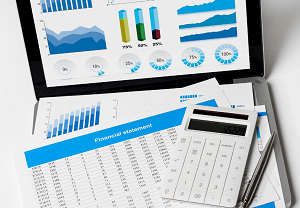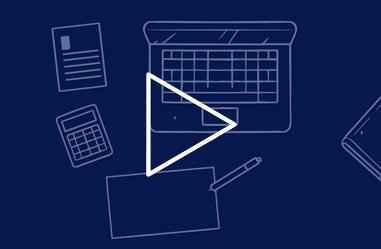Annual IFRS Update 2021
Presenters : Milan van Wyk
Overview
The IASB in recent years have introduced significant changes that will materially affect measurement and disclosure in financial statements. These accounting standards include: IFRS 9 Financial Instruments, IFRS 15 Revenue from Contracts with Customers and IFRS 16 Leases. These standards are already effective for companies reporting on IFRS.
While many people realise the tremendous impact that the global COVID-19 pandemic has on the economy, it should also be noted that the pandemic has an impact on how to report on the above-mentioned standards.
Learning objectives
By the end of this event the participant should:
-
Understand the impact of COVID-19 on effective standards (IFRS 9, IFRS 15 and IFRS 16)
-
Understand IFRS 9 Financial Instruments (excluding de-recognition and hedging);
-
Understand IFRS 15 Revenue from Contracts with Customers;
-
Understand IFRS 16 Leases; and
-
Get an overview of IFRS 17 Insurance Contracts, and the Conceptual Framework.
Content
The webinar will cover the following topics:
-
IFRS 15 - Introduction: How COVID 19 impacts revenue recognition.
-
IFRS 15 - The 5 step approach to achieve clarity.
-
Step 1 – Identify the contract with the customer:
-
Importance of the contract.
-
Criteria for a valid contract for revenue recognition.
-
Treatment of money received in advance.
-
Contract modifications.
-
-
Step 2 – Identify performance obligations in the contract:
-
The starting point – promises in the contract.
-
Distinct goods and services in the contract.
-
Illustrative examples of determining whether goods and services are distinct.
-
-
Step 3 – Determine the Transaction Price:
-
What is the transaction price?
-
Is it different from current standards?
-
How to account for variable consideration.
-
How to identify a financing component in the transaction price.
-
-
Step 4 – Allocation of the transaction price to the performance obligations:
-
Understanding the basis of the allocation.
-
-
Step 5 – When & how should revenue be recognised?
-
Understanding the notion of control.
-
Testing whether goods and services should be recognized over a period of time.
-
How to measure progress over a period of time.
-
Indicators of control being transferred at a point in time.
-
-
-
IFRS 15: Disclosure of Revenue.
-
The importance of relevance and materiality.
-
Presentation.
-
Disclosure:
-
Disaggregation of the contracts.
-
Significant judgements.
-
-
-
IFRS 9 Financial Instruments:
-
Recognition.
-
Classification of assets and liabilities:
-
Classification criteria for amortised cost and fair value through OCI.
-
Decision tree for classification of financial assets.
-
-
Measurement:
-
Initial and measurement.
-
Transaction costs.
-
Fair value adjustments.
-
-
Expected credit losses (ECLs):
-
General approach vs simplified approach.
-
Significant increase in credit risk.
-
Measurement of ECLs.
-
-
Derivative accounting.
-
-
IFRS 16 Leases:
-
Identifying a lease.
-
Recognition of lease for lessee accounting.
-
Lease modifications.
-
Lessor accounting.
-








